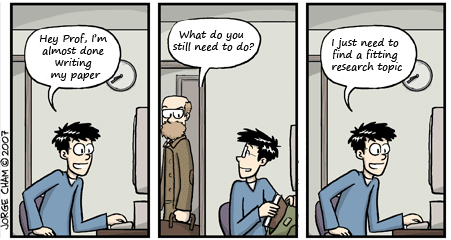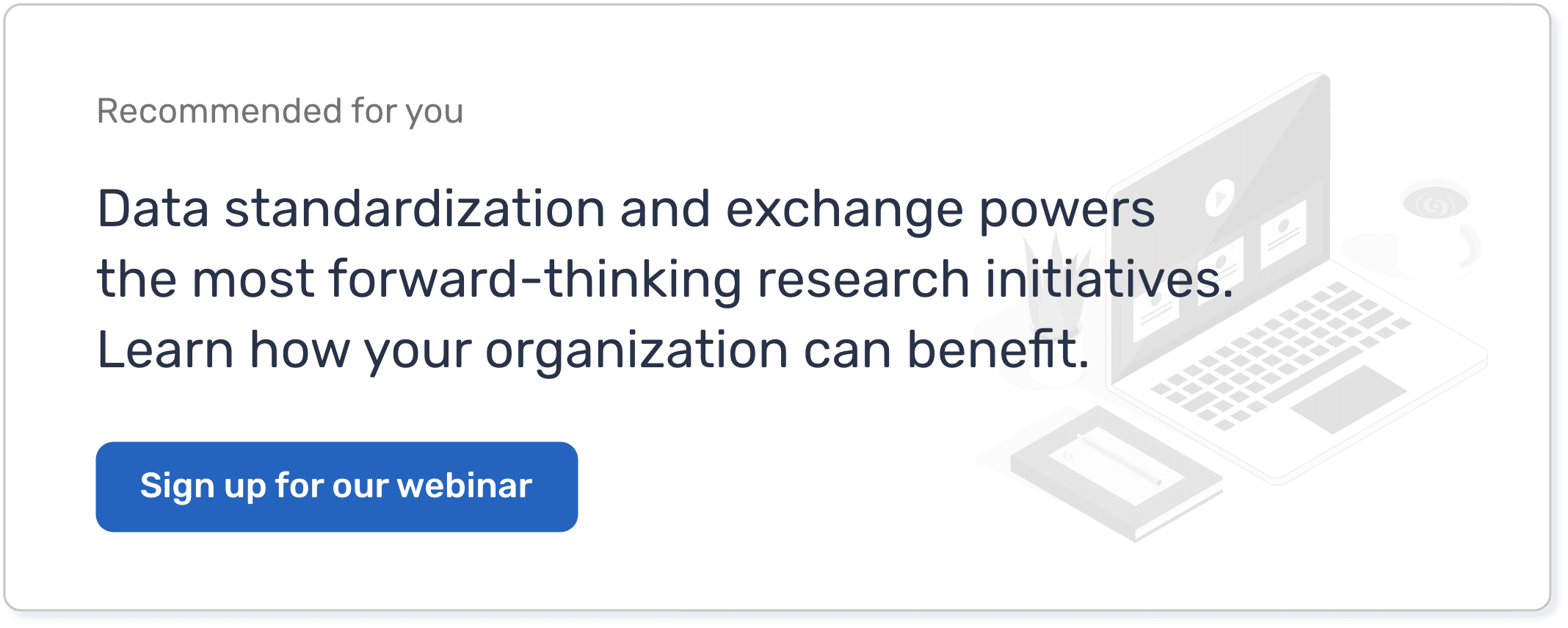Great research topics range from the immensely profound to the utterly wicked. And it can be argued that the best research topics often come from pure, natural inspiration. But what is inspiration? Mozart described inspiration as subconscious thoughts that “fire the soul.” Inspiration can hit you in bed late at night, after drinking a cup of coffee in the morning, or even while enjoying a pint at the pub. But what do you do when you’re lacking inspiration? Luckily, since all brilliant research topics have a few things in common, we can pinpoint these elements so you can power through the daze and find that perfect, high-quality topic for yourself—even without inspiration.

1. Be original
While a research topic like “gender inequality on campus” might appeal to you, consider that this might not be the most original of topics. Try to avoid ideas that anyone could have come up with. Instead, develop a habit to read scientific literature regularly. This will help you come up with interesting ideas thanks to a constant exposure to new information. In these competitive times, finding a novel research topic is becoming harder and harder, so originality is of the utmost importance.
Mistake: Selecting a research topic directly from the discussion of a recent paper
Research papers often tell you exactly what further research should focus on. While it may seem smart to heed the suggestion, choosing such topics is far from original. A brilliant paper will need to be both smart and original.
2. The topic must appeal to you
Logically, a research topic must appeal to you, the researcher. It is incredibly hard to write passionately about a topic that does not ignite your interest. So think about what excited you about your field of study in the first place, then work your way to a topic from there. If you select a topic that is close to your heart, it will maximise the chance that you will remain enthusiastic while executing your study.
Mistake: Letting your supervisor choose a research topic for you
Yes, your supervisor will have a better overview of the field, and they might have strong ideas on what you should focus on. However, working on your own ideas is much more rewarding in the long run.
3. Must be feasible
Think about the strategies that must be undertaken to perform a study on your chosen topic. What experiments would you carry out to get a result? This is probably the second most important part of selecting a research topic: is it feasible? Do you have the budget and time necessary? If the research topic is quite broad, perhaps you can focus on a subquestion within the larger theme. Try to see the research topic as a starting point—your paper doesn’t need to cover everything at once. Also, it is important to think about the likely outcome. Will it still be worth publishing even if the outcome is not what you expected?
Mistake: Underestimate complexity, timelines, and required budget
Make an effort to have a realistic plan for the execution of your study. It’s easy to underestimate the complexity, timelines, and budget, but if you plan in advance, your chances for success are far greater. Also, consider that simple experiments are often seen as more elegant than complex ones. The goal is to find the E=MC2 in your experimental design.
4. Must be relevant
Your research subject needs to be relevant to the field. Even articles that have an absurd topic are often relevant to the field. Publishing will be very difficult if others do not find your research paper a worthwhile read. In addition, the paper must also be relevant for your own career. The topic you choose will become part of your bibliography, so consider if your chosen topic is likely to help you get ahead.
Mistake: Sticking with your original research question, no matter what
While going through the literature, you may decide you want to stray away from your original question. Do not be afraid to pivot and change your research topic while still in the early stages — sometimes inspiration can be triggered by the research itself.
5. And finally…
After choosing your brilliant research topic, finding a good supervisor can make or break your research. If at all possible, first select your research topic and then select your supervisor accordingly. This will increase the chances that you will be supervised by the right person for your topic. A positive research atmosphere and relationship can lift you up even when results are flat and inspiration is low.


